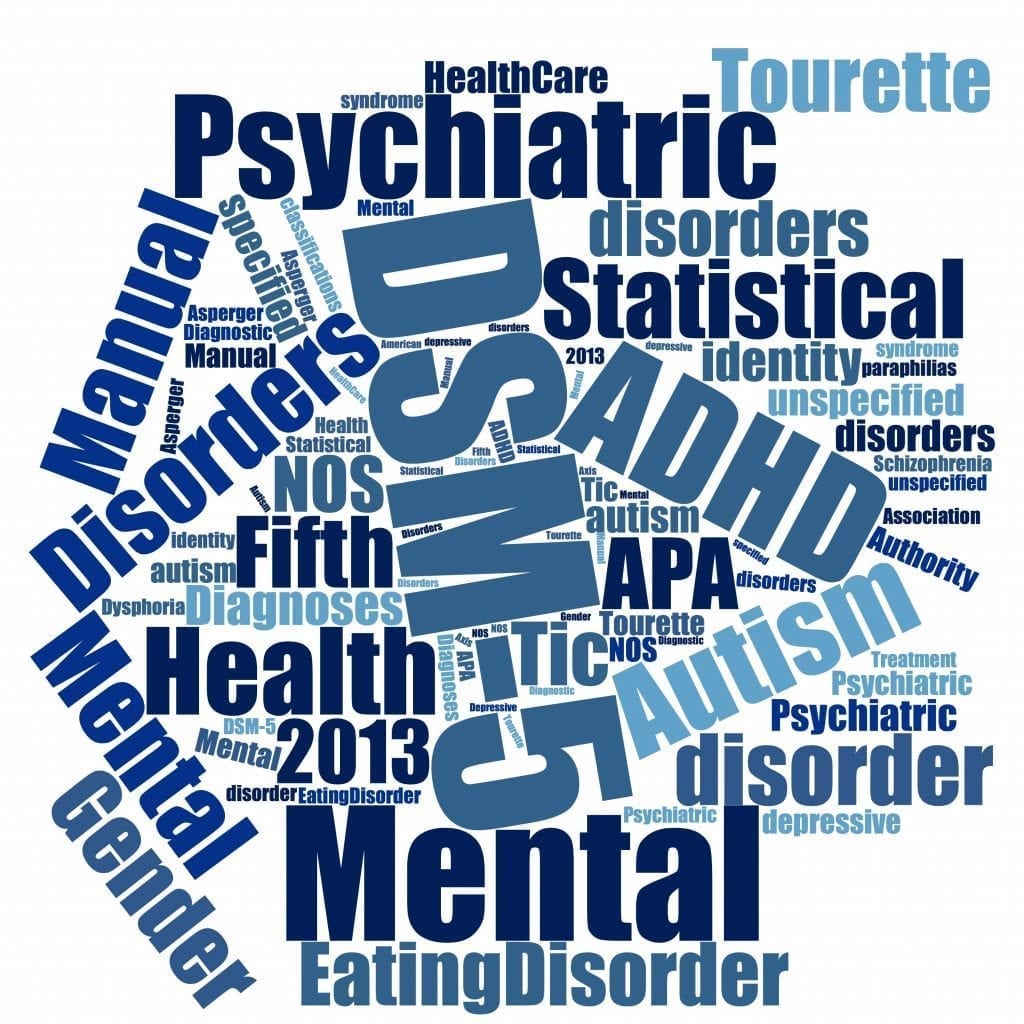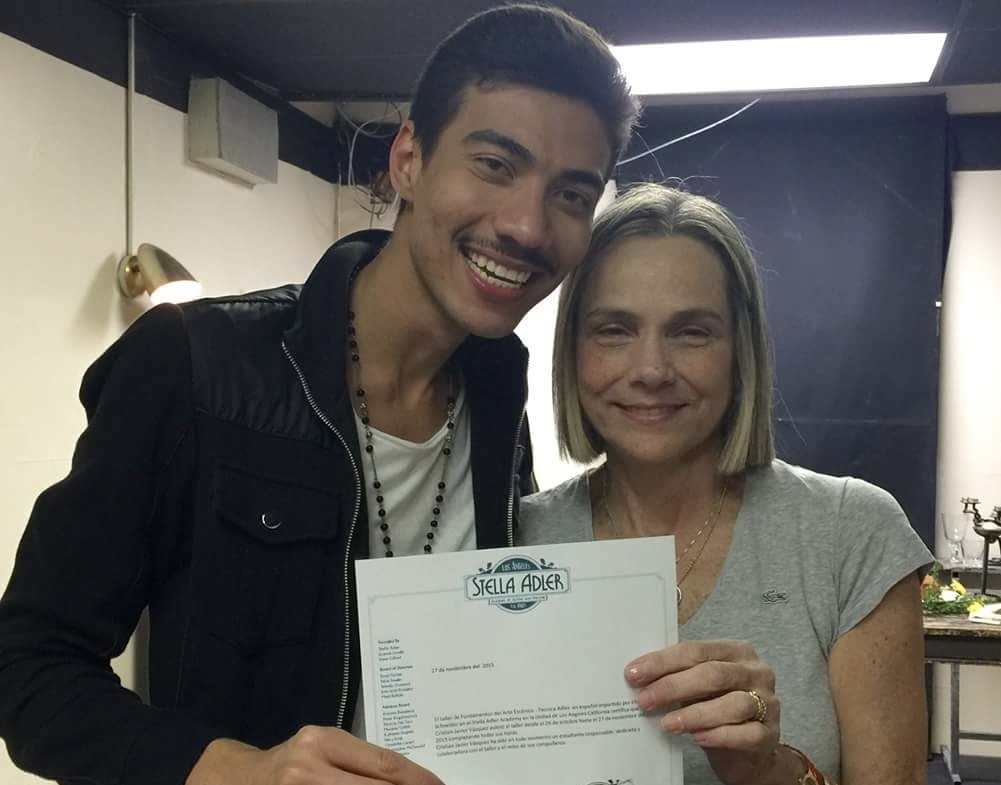Photo Credit: Shutterstock
My great-grandfather committed suicide in his late 20’s because he struggled to provide for his four children.
My grandfather was only four years old in 1928 and had to grow up fatherless. When I got to high school I read my grandfather’s memoir that included details about the horrific day, including quotes from my great grandmother. I asked my grandfather about his father and his mental health, but he seemed to be too upset about the topic and the idea that his dad may have had a pre-existing mental illness.
Then I started school at John Jay College of Criminal Justice where I took a forensic psychology course that introduced me to the Diagnostic and Statistical Manual of Mental Disorders (DSM). The manual fascinated me. I found it intriguing that mental health clinicians can refer to this booklet of criteria and symptoms, and simply flip through its pages to diagnose someone with a mental illness.
The DSM is published by the American Psychiatric Association and covers all categories of mental health disorders for adults and children. In 2013 the latest version was released: DSM-5.
As I was able to lay my hands on the DSM pocketbook version; I have carried it in my bag for over ten years. Carrying a DSM without being a mental health clinician may be a bit odd. However, growing up in an environment where discussing mental illness was taboo encouraged me to do so.
DSM contains descriptions, symptoms, and other criteria for diagnosing mental disorders. This does not include treatment. DSM has been periodically reviewed and revised since it was first published in 1952. Many new mental health disorders have been added or deleted from the book through the years. Homosexuality was once listed as a mental health disorder and has been removed from the DSM.
Today, licensed professionals still rely on it in their daily work. Gisell Perez, a Behavioral Health Therapist at St. John Episcopal Hospital in Queens, uses DSM-5 to assess all of her adult and pediatric patients. According to Gisell “The DSM-5 is what assists me in beginning to understand the enigma of symptoms impacting a patient’s life.” The DSM lists criteria for diagnosing psychotic disorders, mood disorders, personality disorders, and others.
The most fascinating fact is for each disorder, there is a list of specific symptoms and behaviors that must be present in order for the illness to be diagnosed.
For example, for depression the DSM-5 has the following diagnostic criteria: The individual must be experiencing five or more symptoms from the following list during the same two-week period, and at least one of the symptoms should be either depressed mood or a loss of interest or pleasure.
Here is DSM’s list of symptoms required for a diagnosis:
- Depressed mood most of the day, nearly every day.
- Markedly diminished interest or pleasure in all, or almost all, activities most of the day, nearly every day.
- Significant weight loss when not dieting or weight gain or decrease or increase in appetite nearly every day.
- A slowing down of thought and a reduction of physical movement (observable by others, not merely subjective feelings of restlessness or being slowed down).
- Fatigue or loss of energy nearly every day.
- Feelings of worthlessness or excessive or inappropriate guilt nearly every day.
- Diminished ability to think or concentrate, or indecisiveness, nearly every day.
Recurrent thoughts of death, recurrent suicidal ideation without a specific plan, or a suicide attempt or a specific plan for committing suicide.
While I continue to carry the DSM book in my bag, mental health clinicians advise against purchasing this book in hopes of diagnosing yourself or others. Instead, anyone with questions should reach out to a professional for help. Today, there are social services available to people of all socio-economic backgrounds, resources that I wish had been available to my great grandfather.
What is the DSM-5? from Judi P on Vimeo.


